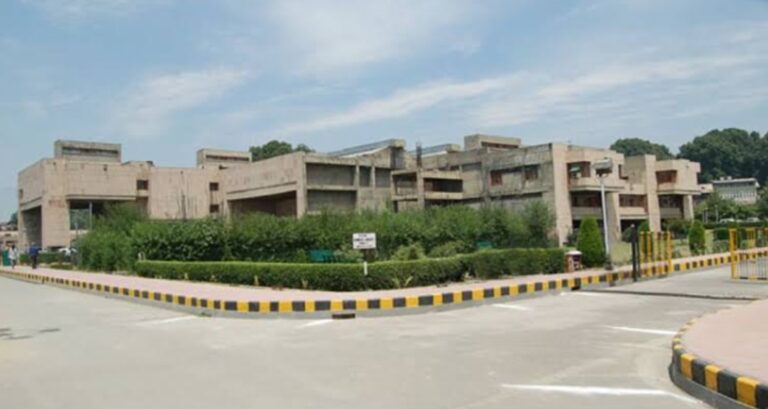In a significant judgment, the High Court of Jammu and Kashmir and Ladakh has ruled that the income tax exemption under Section 10(26) of the Income Tax Act, 1961 is not automatic and must be backed by credible proof. The court emphasized that to claim this exemption, the assessee must conclusively establish residence in the specified tribal area and demonstrate that the income was genuinely earned from sources located within that area.
Key Highlights of the Judgment
A Division Bench comprising Justice Sanjeev Kumar and Justice Sanjay Parihar clarified that:
“Whether the assessee resides in the specified area and whether the income arises from sources therein are questions of fact to be determined by the Assessing Authority on the basis of cogent evidence.”
The Court firmly stated that in the absence of adequate documentary proof, a claim for exemption under Section 10(26) cannot be sustained.
Understanding Section 10(26) of the Income Tax Act
Section 10(26) provides tax exemptions to individuals who:
- Belong to a Scheduled Tribe as per Article 366(25) of the Constitution.
- Reside in specified areas such as Arunachal Pradesh, Mizoram, Nagaland, Manipur, Tripura, or the Union Territory of Ladakh.
- Earn income arising from sources within those specified areas.
All three conditions must be fulfilled for the exemption to be granted.
Background of the Case: Mehmood Askari vs Union of India
The ruling stemmed from a writ petition filed by Mehmood Askari, who claimed to be a resident of Kargil, Ladakh, seeking to quash an assessment order under Section 144 of the IT Act for Assessment Year 2014–15. The Income Tax Department had identified unexplained cash deposits totaling ₹1.21 crore in his J&K Bank account during FY 2013–14.
Despite being served multiple notices under Sections 148 and 142(1), the petitioner failed to file his return or explain the source of the deposits. Following investigations, the Assessing Officer proposed treating ₹3.90 crore as undisclosed income, a decision upheld during assessment.
Petitioner’s Claims and Court’s Findings
Askari argued that he was exempt under Section 10(26) due to his Scheduled Tribe status and Ladakh residence. He submitted a ST certificate and a resident certificate issued by the Tehsildar, Kargil, and claimed the income was from religious tour services for Ladakhi residents to countries like Iraq, Syria, and Iran.
However, the court identified several inconsistencies:
- The residential certificate was issued in 2022, nearly a decade after the relevant financial year, rendering it unreliable.
- His PAN application listed a Mumbai address, which was also used in the tax documents of his brother, who allegedly managed the family’s travel business.
- The petitioner failed to provide any documentary evidence (such as invoices or customer details) to prove that the income originated from sources within Ladakh.
The Court observed:
“The petitioner could not furnish relevant material/documents to satisfy the conditions explicitly laid down in Section 10(26)… He also could not sufficiently demonstrate before the Assessing Authority that the amount deposited in his accounts was income derived from sources in the specified area.”
Final Verdict
The High Court upheld the decisions of both the Assessing Officer and the revisional authority under Section 264, noting that factual determinations were made based on the evidence—or lack thereof. It reiterated that the burden of proof lies solely with the assessee, and writ jurisdiction under Article 226 is not meant to re-evaluate facts unless they are found to be legally flawed or perverse.
Consequently, the petition was dismissed as being devoid of merit.
Case Details
- Case Title: Mehmood Askari vs Union of India
- Citation: 2025 LiveLaw (JKL)
- Petitioner Counsel: Mr. Huzaif Ashraf
- Respondents’ Counsel: Mr. T.M. Shamsi (DSGI), Mr. Faizan Ahmad, and Mr. Umar Rashid
Conclusion
This ruling by the J&K High Court underscores the strict evidentiary requirements for claiming exemptions under Section 10(26). Merely belonging to a Scheduled Tribe or holding certificates is insufficient—proof of residence and source of income within the specified area is crucial. Taxpayers must ensure compliance with all statutory conditions to avoid disallowance of exemption claims.
